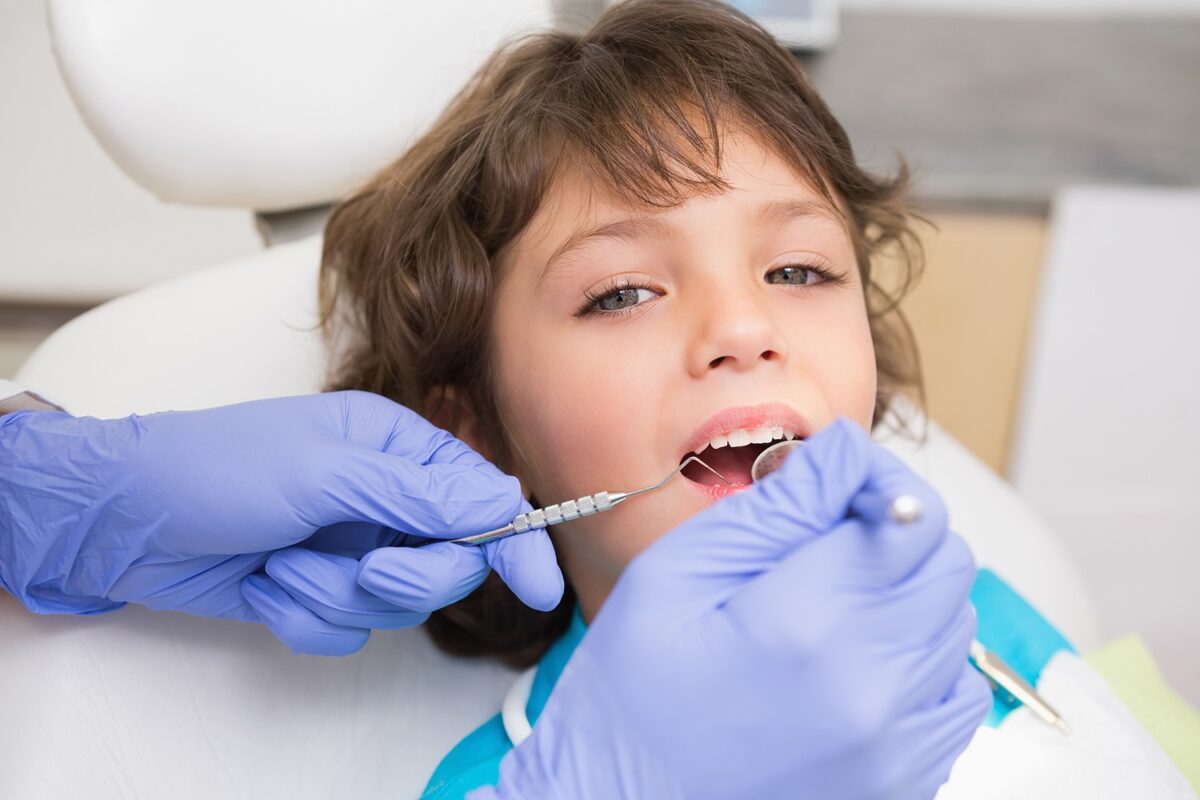Toothaches are quite a common problem not only in adults but in young kids too. Some parents tend to worry a lot whenever their child is in pain though a toothache can have several causes. From tooth decay to cavities and broken teeth, it may feel like a dull toothache, but the pain can be caused by something entirely different. When your kid winces in pain, as a parent, you can naturally and effectively deal with toothache pain relief until you pay a visit to your dentist.
Serious Dental Problems
As a responsible parent, you should be on your kid’s side and teach them the right way to maintain good oral health from a young age. However, if you see that your kid is stubborn when it comes to brushing their teeth, it may be an indication that they are facing severe tooth pain. A toothache symptom depends on how agonizing the pain is, and you can notice the following signs for the following dental issues:
- Emerging teeth
- Chipped teeth/cracked enamel
- Loose or missing fillings
- Tooth erosion or decay
- Food accidentally stuck between the teeth can slowly become more painful. The squeezing force that pushes teeth away from each other aggravates the roots and the gum line.
How to Deal with your Child’s Toothache?
For kids, a toothache is purely a constant pain that throbs like no tomorrow. One of the most fundamental reasons for toothache is diet-related like drinking a lot of soda, or eating foods that have high sugar content like chocolates and candies. As pains can happen when erosion or decay penetrates, your child can become highly sensitive to anything he or she eats or drinks.
If your child is suffering from a toothache in the middle of the night, plain warm water (not too hot or cold) with a teaspoon of table salt can assist in bringing relief to the tenderness. Make sure they rinse their mouth out with the salty water whenever they feel pain. Placing a cold pack against their cheek can also reduce painful pangs.
However, if such pain relievers are ineffective and the pain fails to decline within 24-36 hours, you should book an appointment at your chosen dentistry. A children’s dentist can treat your child’s condition effectively. If an emerging tooth is found to be pushing against an existing tooth, it needs to be removed.
Pain Relief, But Not a Cure
Sometimes, parents tend to seek some exclusive homemade toothache remedies, though you need to understand that these ‘cures’ are purely for pain relief and do nothing to treat the underlying root of the pain. They may be fine in the case of minor irritation or gum soreness that resolves on its own, but it’s a temporary treatment for more severe problems.
Make sure to contact your pediatric dentist whenever your child is experiencing lingering tooth or mouth pain. These experts will quickly identify potential long-term problems and offer fillings and other necessary care to assist your child’s growing mouth and teeth. While homemade toothache remedies seem right, depending on them for too long risks, a lot of damage to your kid’s mouth.
Book Appointment to find out which treatment might be best for you.



